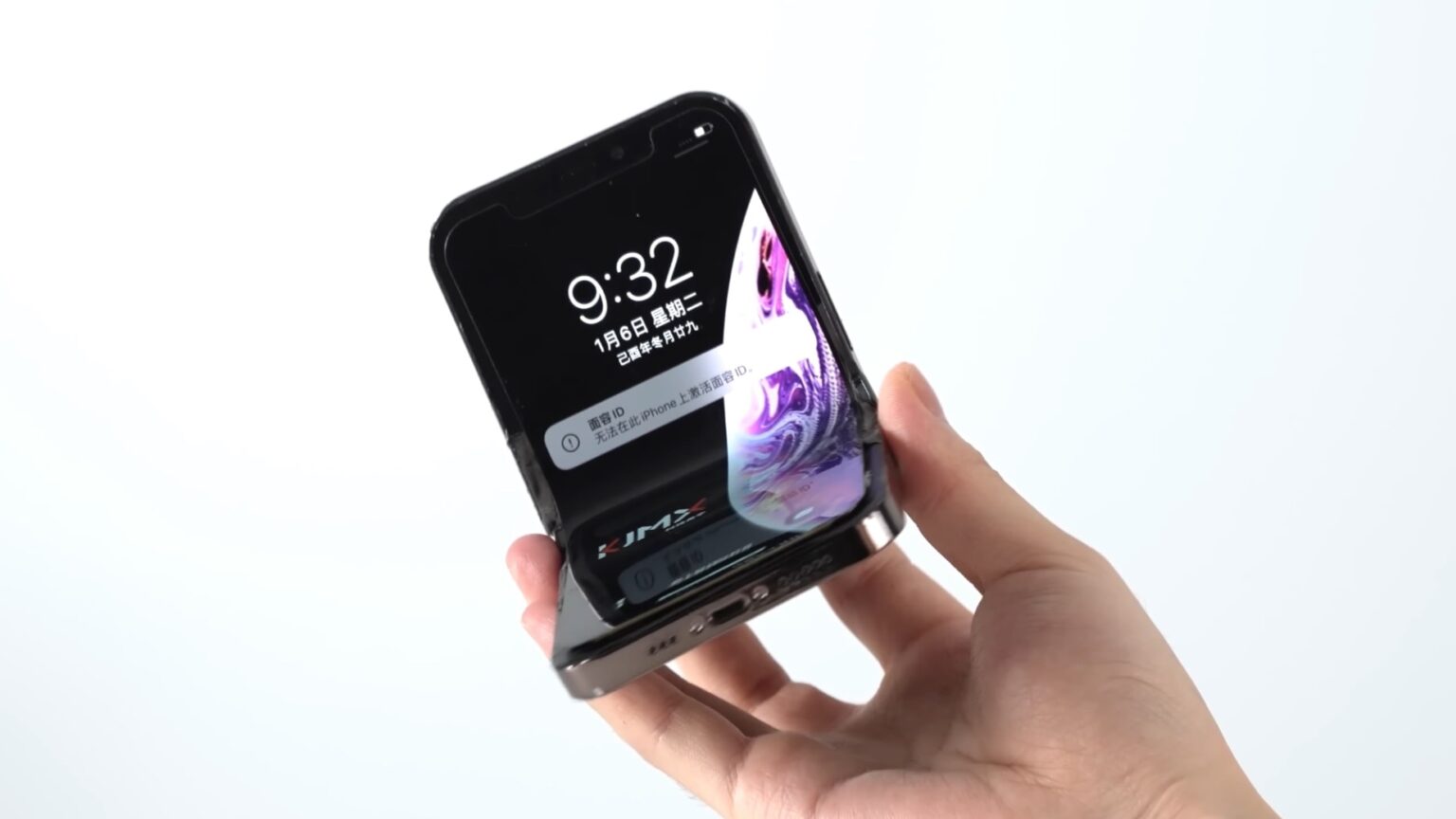iPhone’s lack of two key features — generative AI and a foldable design — could cause a significant decline in shipments in 2024. TF International Securities analyst Ming-Chi Kuo says without these advances, the iPhone will fall behind amid a “new paradigm in high-end mobile phone design.”
Kuo cites supply chain sources to back up his predictions. However, there are numerous reasons to doubt his opinion.
Kuo: Lack of folding iPhone and AI will hurt Apple in 2024
Kuo has been tracking Apple for more than a decade. Over the years, he built a collection of sources inside the companies that make components for Apple devices. This insider info allows him to make predictions about the company’s moves that often prove accurate.
And the analyst said Tuesday, “My latest supply chain survey indicates that Apple has lowered its 2024 iPhone shipments of key upstream semiconductor components to about 200 million units (down 15% YoY).”
The analyst says Apple is missing features smartphones need to succeed: “The new high-end mobile phone design paradigm includes AI (GenAI) and foldable phones.”
Kuo says his industry sources tell him that Samsung is increasing production of the Galaxy S24 series because of its new generative AI features.
No AI for iPhone?
Kuo’s pessimism about the 2024 iPhone because it lacks cutting-edge AI features seems to ignore the leaks indicating that when Apple unveils iOS 18 in June, the iPhone operating system will be packed with new artificial intelligence capabilities.
Details on these remain sketchy, admittedly. But Bloomberg reported Sunday that “the new operating system is seen within the company as one of the biggest iOS updates — if not the biggest — in the company’s history.”
The period after Samsung unveiled its new 2024 models but before Apple has done so is the wrong time to declare that Samsung has an AI advantage.
Is no folding iPhone a real problem?
Kuo’s other primary reason for pessimism about this year’s iPhone lineup is an increasing demand for handsets with folding displays, a product category Apple doesn’t currently compete in.
“The main reason for the decline in the Chinese market is the return of Huawei and the increasing preference for foldable phones among high-end users as their first choice for phone replacement,” said the analyst.
An increasing preference is all very well, but it’s starting from a very low point. IDC says 1.2% of phones shipped globally in 2022 were foldables. This market-analysis firm predicts shipments of this type might make up a mere 3.5% of the total in 2027.
Given the small share that this type of handset currently makes up of the world market, it’s hard to believe that the lack of a folding design will play a significant role in lowering iPhone shipments in 2024.
Production cuts?
News of lowering iPhone production sounds bad. But it also should sound familiar to long-time Apple watchers. Cupertino reportedly cut iPhone production early last year, but Apple ended up leading the world in phone shipments in 2023.
Looking further back, a chip shortage hurt iPhone production in 2022. And we heard warnings of iPhone production problems in 2021 and lowered production in 2019 and 2018. One would think Apple has been struggling with demand problems on and off for many years. Not that Apple’s one of the world’s most successful phone manufacturers.
In short, analysts warn of reduced iPhone production almost every year — and often, nothing comes of it.
Reduced demand in China?
Kuo says, “Apple’s weekly shipments in China have declined by 30–40% YoY in recent weeks, and this downward trend is expected to continue.”
Again, that sounds bad. But weighed against it is the recent report that iPhone ranked as China’s top-selling smartphone in 2023.
So there was huge demand for iPhone last year. But a few weeks into the new year, that’s supposedly dried up suddenly? There’s a discrepancy somewhere. It’s possible Kuo’s source(s) indicating slowing iPhone shipments to China got things wrong. At the very least, they might be overly pessimistic.
And that might be true for all of Tuesday’s report from Ming-Chi Kuo: It could be overly pessimistic.


